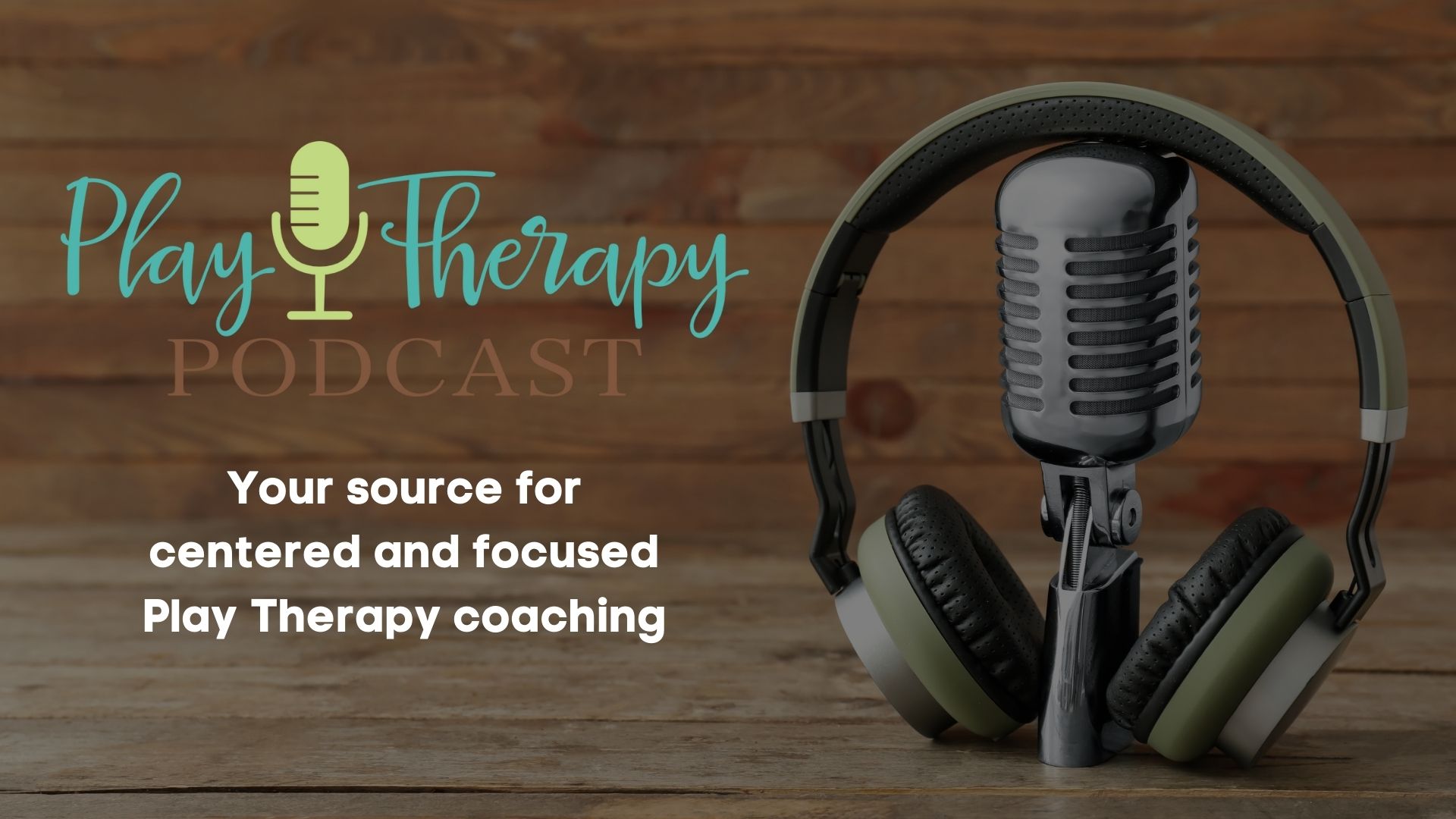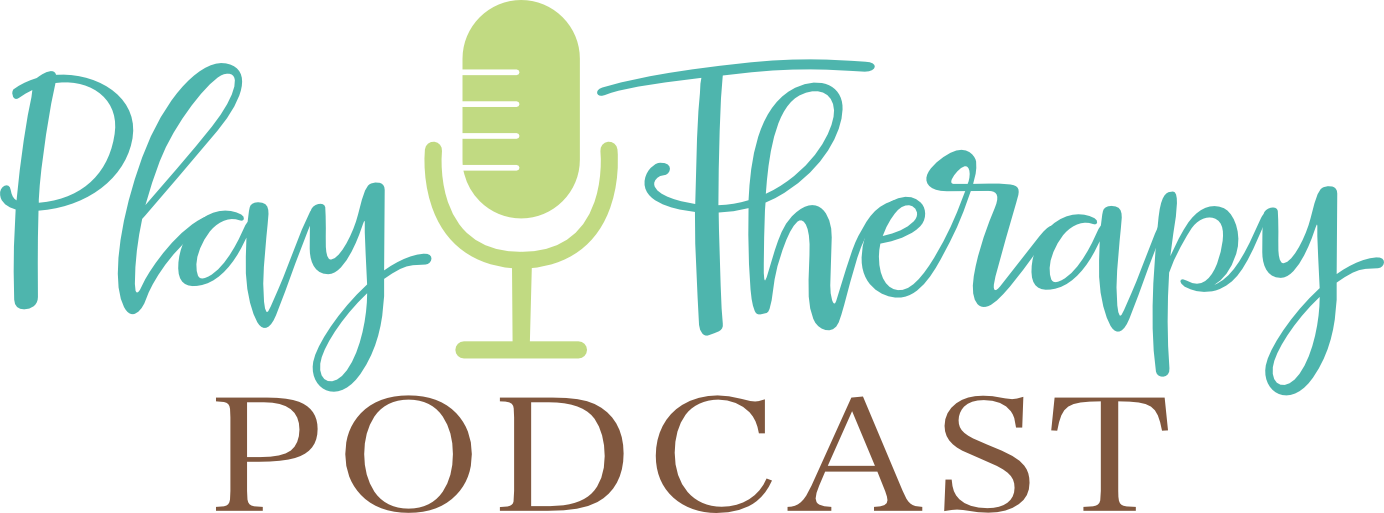
Listen to the latest episode
Subscribe to my email newsletter JUST FOR THERAPISTS!

Latest podcast episodes
23 | Reflecting Feelings Helps The Child Feel Understood, Lessens Anger, And Diffuses Intensity Of Emotion
In this episode, I do a deep dive into an aspect of "why" you reflectively respond (track behavior, reflect feelings, reflect content). I discuss three outcomes that should give you a better understanding of the principle behind reflective responding, and a goal for...
22 | If You Know Enough To Ask A Question, Then You Know Enough To Make A Statement
Another "Principle of Play Therapy"... "If You Know Enough To Ask A Question, Then You Know Enough To Make A Statement." Questions put children in their heads, but children live in their hearts. How do we reflectively respond without asking questions? This principle...
21 | Questions Put Kids In Their Minds, But Kids Live In Their Hearts
We're now moving from the "4 Pillars of Play Therapy", or the skills that we use in the playroom, to the "principles" of play therapy. The first principle comes from the Child Parent Relationship Therapy manual by Landereth & Bratton, "Questions Put Kids In Their...
20 | Encouragement
In this episode, I discuss the 4th "Pillar of Play Therapy"... Encouragement! Specific topics: The difference between encouragement and praise How you would use encouragement in the play room Podcast HQ: https://www.playtherapypodcast.comEmail me:...
19 | Limit Setting
In this episode we explore the 3rd of the 4 Pillars of Play Therapy... Limit Setting. Podcast HQ: https://www.playtherapypodcast.com Email me: [email protected]
18 | Choice Giving
In this episode we explore the 2nd of the 4 Pillars of Play Therapy... Choice Giving. Podcast HQ: https://www.playtherapypodcast.com Email me: [email protected]
17 | Reflective Responding In Play Therapy
In this episode, I go into more detail on the reflecting responding skill used by child-centered play therapists. Reflecting responding consists of: reflecting feelings, reflecting content, and tracking behavior. I walk you through examples of each of these skills, as...
16 | Overview Of Reflective Responding
Reflective responding... empathic responding. Whatever it is you call it, it's the skill that play therapists use to ensure that the child is heard, understood, and accepted. It's how you stay present during the session. In this episode I cover the background, and the...
15 | How To Explain The Child-Centered Play Therapy Process To Parents And Kids
You'll need to be able to explain the play therapy process to both parents and kids in order to thrive in your practice. So in this episode, I help you to set expectations with your parents to prepare for your first child-centered play therapy session with the child....
14 | Specific Toys In Specific Categories In The Playroom
In this episode, I go into great depth on the toys in your playroom, the categories, and how they should be organized. I also give you a pretty comprehensive list of toys for your room, and some great tips for how to select them, based on my experience. Podcast HQ:...
12 | How To Answer Frequently Asked Questions Regarding Play Therapy
In this episode, I address concerns and speak to the questions that parents, teachers, and other caregivers have about the play therapy process. So add these tools in your toolbox for how to educate and evangelize play therapy in your community, in an effective way....
11 | The History Of Child-Centered Play Therapy
From Freud in 1905 to Landreth in the 2000s, I walk through the history that has led to our modern theoretical model of child-centered play therapy. Podcast HQ: https://www.playtherapypodcast.com Email me: [email protected]

Get Brenna’s Latest Book
Device Detox: A Parent’s Guide To Reducing Usage, Preventing Tantrums, And Raising Happier Kids.
“Dr. Brenna Hicks does an excellent job of sketching the problem, but the book shines brightest when Dr. Hicks offers a suite of practical, evidence-based strategies for coping with screen overuse in children. A valuable book that deserves to be read by parents everywhere.”














